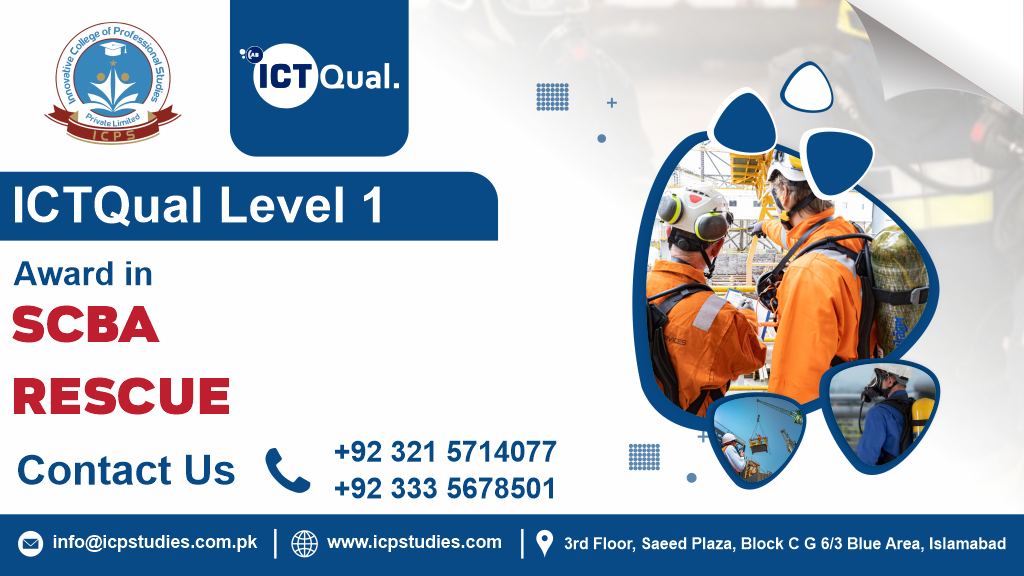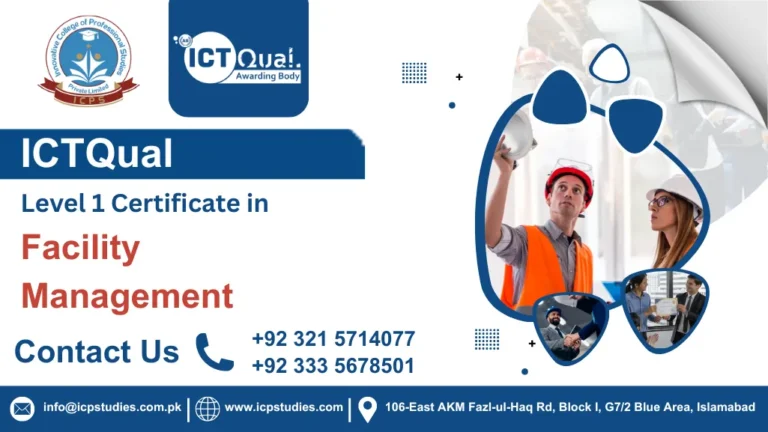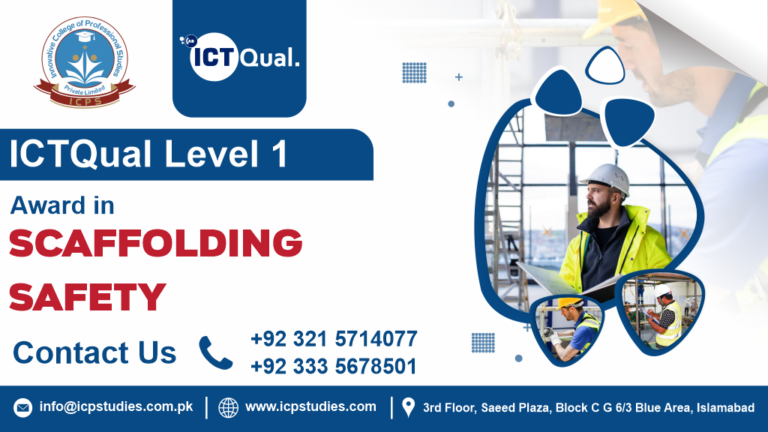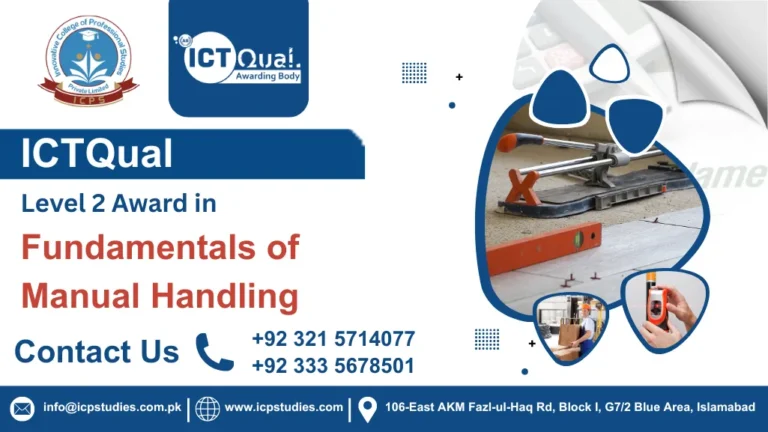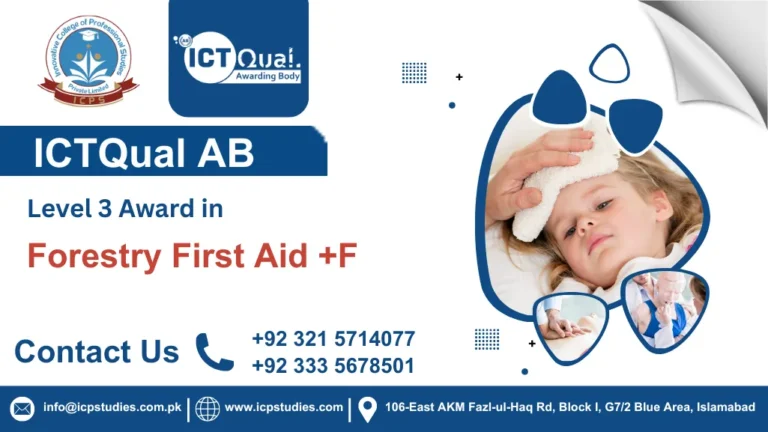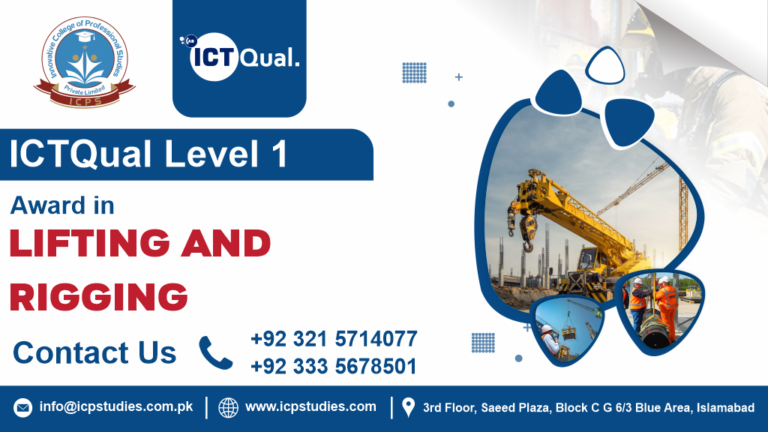In the realm of workplace safety, few certifications are as crucial as those related to the use of Self-Contained Breathing Apparatus (SCBA) and rescue operations. The Level 1 Award in SCBA Rescue stands out as a testament to an individual’s commitment to safety, proficiency in handling emergencies, and dedication to protecting lives in hazardous environments.
The Level 1 Award in SCBA Rescue is designed to equip participants with the essential knowledge and skills required to respond effectively to emergencies involving SCBA equipment. SCBA units are vital in environments where the air is contaminated or oxygen-deficient, such as in firefighting, industrial settings, and confined spaces.
Level 1 Award in SCBA Rescue represents more than just a certification; it symbolizes a commitment to safety, proficiency in handling SCBA equipment, and the ability to respond effectively to emergencies. For industries where worker safety is paramount, investing in such training not only meets regulatory requirements but also ensures the well-being of employees and the smooth operation of critical tasks.
All About ICTQual Level 1 Award in SCBA Rescue
Course Overview
The Level 1 Award in SCBA (Self-Contained Breathing Apparatus) Rescue is a specialized certification designed to equip individuals with the knowledge and skills necessary to safely and effectively respond to emergencies involving SCBA equipment. SCBA devices are critical in environments where the air quality is compromised, such as in firefighting, industrial settings with hazardous substances, or confined spaces lacking proper ventilation.
The Level 1 Award in SCBA Rescue is a valuable certification for individuals and organizations committed to maintaining high standards of safety in workplaces where SCBA equipment is used. It not only validates an individual’s competence in handling SCBA devices and responding to emergencies but also reinforces their dedication to ensuring the safety and well-being of others in challenging and potentially life-threatening situations.
Study Units
- Introduction to SCBA Rescue
- SCBA Equipment Familiarization
- Rescue Techniques and Procedures
- Safety Protocols and Risk Assessment
- Emergency Response and Scenario-based Training
- Legislative and Regulatory Requirements
Admission Criteria
The Level 1 Award in SCBA Rescue course is designed for individuals who work or aspire to work in environments where the use of Self-Contained Breathing Apparatus (SCBA) is necessary for safety and emergency response. This course is particularly suitable for:
- Firefighters: SCBA rescue skills are essential for firefighters who respond to fires, hazardous materials incidents, and other emergencies where breathable air is compromised.
- Industrial Workers: Individuals working in industries such as chemical plants, oil refineries, manufacturing facilities, and confined spaces where there is a risk of exposure to hazardous substances and oxygen-deficient atmospheres.
- Emergency Response Teams: Members of emergency response teams, including those in urban search and rescue (USAR) teams, who may encounter situations requiring SCBA use during rescue operations.
- Safety and Health Professionals: Occupational health and safety officers, safety managers, and industrial hygienists who need to understand SCBA equipment and protocols to ensure workplace safety compliance.
- Security and Rescue Personnel: Security officers and rescue personnel responsible for ensuring the safety of individuals in environments prone to emergencies, such as large events or public facilities.
- Government Agencies: Personnel from government agencies involved in regulatory enforcement, emergency management, and disaster response where SCBA rescue skills are relevant.
- Training and Education: Instructors and educators who teach SCBA use, safety protocols, and emergency response techniques to individuals preparing for careers in firefighting, industrial safety, or emergency services.
Characteristics of Participants:
- Safety-Minded Individuals: Participants should prioritize safety and understand the importance of adhering to safety protocols in hazardous environments.
- Physically Fit: The course involves physical tasks, so participants should be capable of moderate physical exertion and comfortable working in protective gear.
- Quick Decision-Makers: Participants must be able to make decisions under pressure and effectively communicate with team members during emergency situations.
- Continuous Learners: Given the evolving nature of safety standards and equipment, participants should be willing to update their skills and knowledge through ongoing training and professional development.
Ideal Candidate
Entry requirements for the Level 1 Award in SCBA Rescue typically include the following criteria to ensure participants are adequately prepared for the training:
- Minimum Age: Participants must generally be at least 18 years old. This requirement ensures that individuals have the maturity and responsibility necessary to handle the training and operational demands of SCBA rescue scenarios.
- Physical Fitness: Due to the physical nature of SCBA rescue operations, participants are often required to meet basic physical fitness standards. This may include being able to lift and carry moderate weights, climb stairs or ladders, and perform tasks in confined spaces.
- Health Requirements: Participants may need to provide evidence of good health to ensure they can safely undertake the physical and mental demands of the training. This may involve completing a medical questionnaire or obtaining medical clearance from a physician.
- Basic Education: While specific academic qualifications are not always mandatory, a basic level of education or equivalent experience may be required to ensure participants can comprehend training materials and instructions effectively.
- Language Proficiency: Proficiency in the language of instruction (often English in many countries) is typically required to ensure participants can understand and communicate effectively during training sessions and assessments.
- Pre-requisite Certifications: Depending on the training provider or jurisdiction, participants may need to hold certain pre-requisite certifications such as First Aid/CPR certification or a basic level of training in occupational health and safety.
- Employment Status (if applicable): Some courses may be restricted to individuals currently employed in industries where SCBA rescue skills are relevant, such as firefighting, industrial safety, or emergency response teams.
- Personal Protective Equipment (PPE): Participants may be required to provide their own PPE, such as work boots, gloves, and safety glasses, depending on the specific requirements of the training provider.
These entry requirements ensure that participants entering the Level 1 Award in SCBA Rescue course are prepared to engage fully in the training, grasp the concepts, and safely participate in practical exercises and simulations. It also helps to maintain the standards of safety and professionalism expected in environments where SCBA rescue operations are conducted.
Learning Outcome
Introduction to SCBA Rescue
- Learning Outcomes:
- Understand the importance of SCBA equipment in rescue operations.
- Identify different types and components of SCBA units.
- Explain the fundamental principles of SCBA operation and maintenance.
2. SCBA Equipment Familiarization
- Learning Outcomes:
- Demonstrate proficiency in donning and doffing SCBA equipment.
- Conduct routine maintenance checks on SCBA units.
- Troubleshoot common issues with SCBA equipment effectively.
3. Rescue Techniques and Procedures
- Learning Outcomes:
- Apply appropriate rescue techniques for scenarios involving SCBA use.
- Demonstrate proficiency in conducting safe rescues in hazardous environments.
- Understand the importance of teamwork and communication during rescue operations.
4. Safety Protocols and Risk Assessment
- Learning Outcomes:
- Conduct thorough risk assessments in environments requiring SCBA use.
- Implement effective safety protocols to minimize risks during operations.
- Identify and mitigate potential hazards associated with SCBA rescue operations.
5. Emergency Response and Scenario-based Training
- Learning Outcomes:
- Respond effectively to simulated emergency scenarios using SCBA equipment.
- Apply knowledge of rescue techniques and safety protocols in real-life simulations.
- Evaluate performance and make improvements based on feedback from training exercises.
6. Legislative and Regulatory Requirements
- Learning Outcomes:
- Understand relevant legislative and regulatory requirements related to SCBA rescue operations.
- Ensure compliance with safety standards and protocols mandated by regulatory bodies.
- Demonstrate awareness of legal responsibilities and ethical considerations in SCBA rescue contexts.
These learning outcomes are structured to ensure that participants gain comprehensive knowledge and practical skills necessary to achieve competence in SCBA rescue operations, enhancing both their personal capabilities and overall workplace safety standards.
FAQs about ICTQual Level 1 Award in SCBA Rescue

